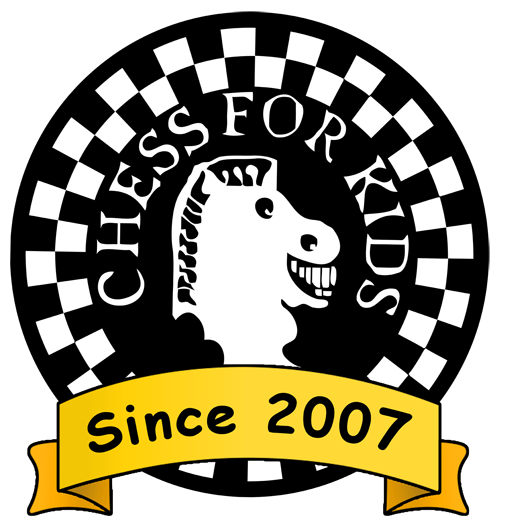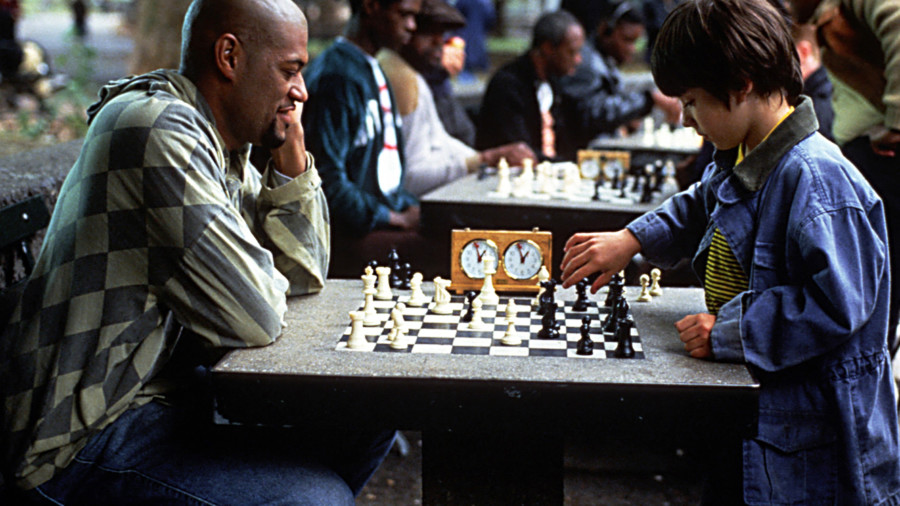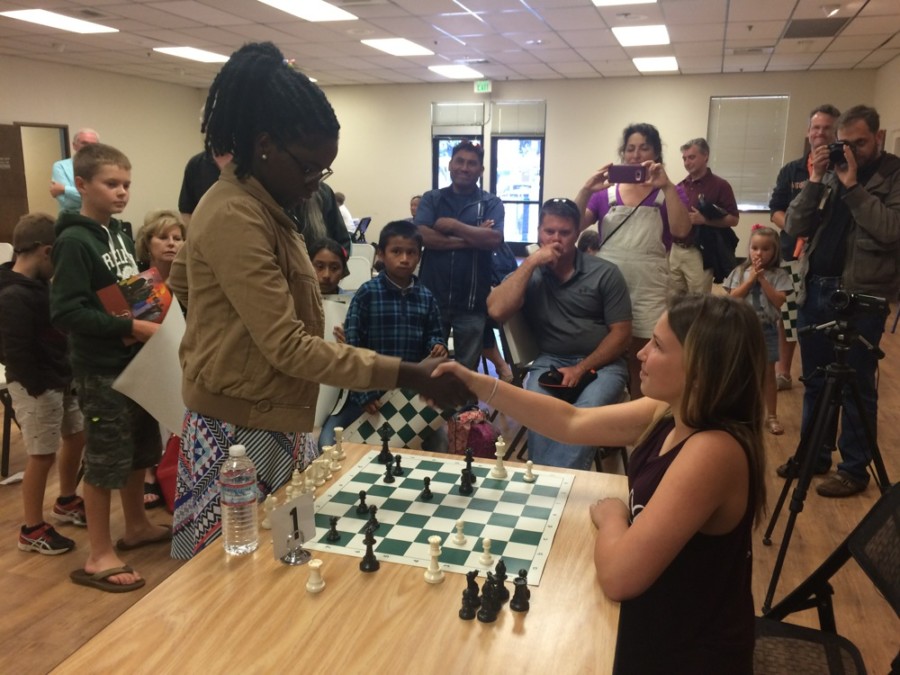Parents ask us how they can get more involved with their child’s chess experience and education. Chess is a wonderful game that offers numerous benefits for kids, such as improved critical thinking, concentration, problem-solving skills, and strategic planning. Teaching your child chess not only introduces them to a captivating game but also helps nurture important…
read moreFrom THE PRESS DEMOCRAT: Phiona Mutesi, whose aptitude for the game of chess took her from an impoverished African slum and transformed her into the Queen of Katwe, the subject of a Hollywood movie, shared the inspiring story of her life Saturday with a group of young students in Rohnert Park. “Chess has given me…
read moreSUMMARY: Langen (1992) claims that “children who learn chess at an early age achieve more in the traditional maths and sciences. Chinese, European and American research all find significant correlational values after just one year of systematic chess exposure.” Langen also states: “The most striking benefits are those associated with problem-solving and creativity.”
read moreSUMMARY: Regular (non-honors) Elementary students who participated in a school Chess Club showed twice the improvement of non-chess players in Reading and Mathematics between third and fifth grades on the Texas Assessment of Academic Skills. In fifth grade, regular track chess players scored 4.3 TLI points higher in Reading (p
read moreChess and Education by John Artise The game of chess makes one of the most important contributions to the field of education. Inherent in it are the basic principles of psychological learning theory: Memory, Pattern Recognition, Decision making, and Reinforcement. All of these variables interact during a game of chess and produce the results of…
read more

